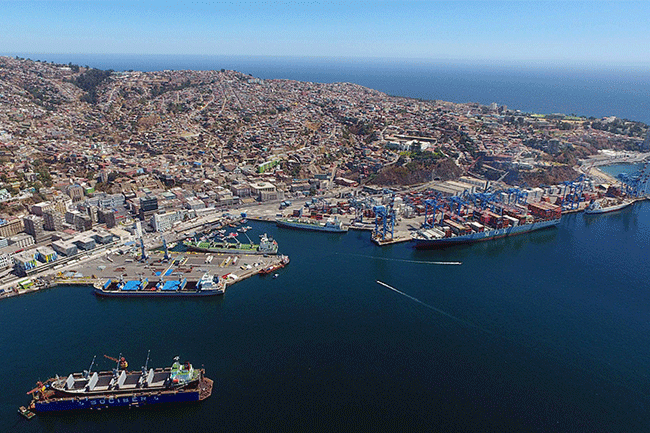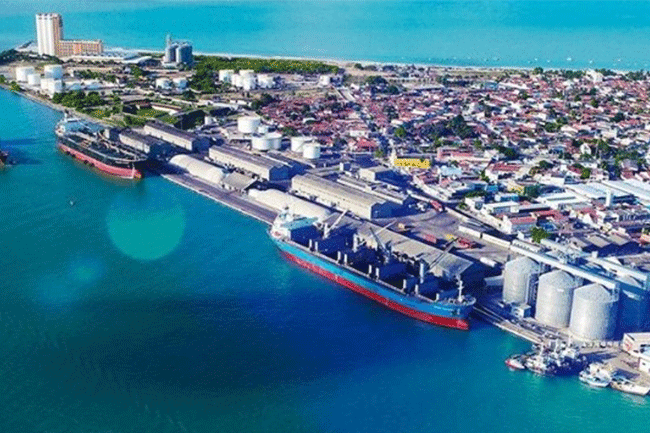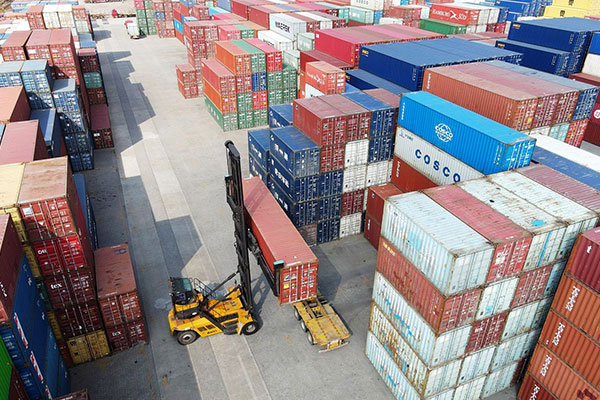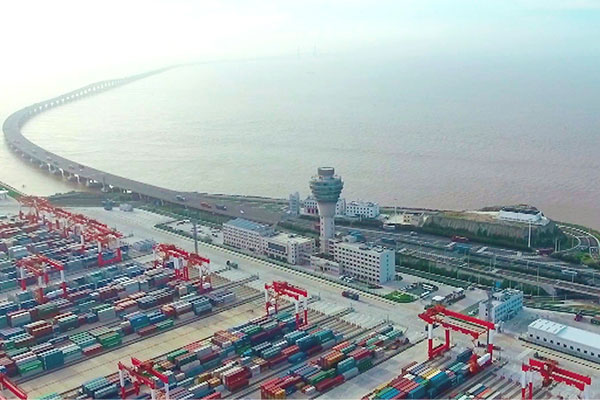- Shanghai Zhongshen International Trading Co., Ltd. – Your reliable partner with 20 years of import/export agency service expertise.

Current Status and Market Opportunities of German Coffee Import Trade
As Europe’s largest coffee-consuming country, Germany imports more than 600,000 tons annually—over 30 % of the EU’s total coffee imports. Driven by the EU’s “Farm to Fork” strategy, Germany’s compliance requirements for coffee imports have become increasingly stringent, covering origin traceability, pesticide residue testing, and label conformity. Meanwhile, against the backdrop of the Russia-Ukraine conflict, European logistics chains have grown more volatile: Black Sea shipping is restricted, pushing part of the coffee trade to reroute via the Baltic or the port of Rotterdam, placing higher demands on freight forwarders’ logistical coordination capabilities. Against this backdrop, professionalImport Agent ServicesThe service not only helps companies reduce operating costs, but also averts customs-clearance risks arising from documentation errors, logistics delays, or compliance flaws.
Core Services of Import Agency: Professional Barriers in Documentation and Logistics
I. Document Processing: The “l(fā)ifeline” of Trade Compliance
The core documents involved in German coffee imports include: Commercial Invoice, Packing List,Maritime transportBill of Lading (B/L) orAir freightSingle (AWB), EUOrigin Certificate(EUR.1), Phytosanitary Certificate, and—depending on the coffee type—a Roasting Certificate or an organic certification such as ECOCERT. Special attention: the EU applies a most-favoured-nation duty of roughly 7.5 % to coffee originating outside the EU (e.g. Brazil, Colombia). If the coffee is re-exported from Germany to other EU countries, an EUR.1 certificate of origin is required to obtain the duty reduction. Our documentation team has 20 years of hands-on experience and can achieve “three-way matching” (documents vs. contract, documents vs. cargo, documents vs. system). We once resolved a customs rejection caused by an incorrect HS code on a certificate of origin, re-issuing the document with the exporter in time and saving RMB 200,000 in demurrage.
II. Logistics Management: The Art of Balancing Cost and Speed
Coffee, as a bulk commodity, is shipped 90% of the time as full-container-load (FCL) cargo, usually in 20-ft or 40-ft dry containers (because coffee beans are highly hygroscopic, ventilated containers or desiccants are required). A transport plan must weigh several factors: ① Schedule reliability: give priority to carriers such as Maersk and MSC that maintain regular liner services at Hamburg and Bremerhaven; ② Cost control: cut unit freight by using less-than-container-load (LCL) consolidation or by sharing containers with other importers; ③ Risk mitigation: take out All-Risks marine insurance to cover water damage, taint and other losses; we once handled a case in which 15 t of beans were damaged by moisture after a container seal failed, and recovered 80% of the loss through an insurance claim.
Special scenarios for Russia-related business: VTBConvert foreign exchange into RMBAdvantage Analysis
Due to restrictions in the SWIFT system, some German coffee exporters are facing obstacles in trade settlements with Russian buyers. Our company and Russiaforeign tradeThe bank (VTB) has established a long-term partnership and can provide cross-border RMB-RUB settlement services, with advantages reflected in: ① Faster settlement: via VTB’s branch in Germany, direct connection shortens arrival time from the traditional T/T 5–7 days to 2–3 days; ② FX risk hedging: offers spot conversion and forward-lock (Forward Contract) options to help companies lock in costs; ③ Compliance assurance: strictly follows OFAC (U.S. Treasury Office of Foreign Assets Control) and EU sanction-list screening to prevent transactions from being frozen.
Key Points for the Entire Import Process and Customer Notices
1. Preliminary consultation and contract review
The customer must clearly specify the type of coffee to be imported (green beans/roasted beans), the specifications (e.g., Arabica/Robusta), and the purchase volume (the usual minimum order quantity is 500 kg). Our company will review the key clauses in the contract: payment method (recommended at sight?L/C?L/C at sight reduces credit risk), trade terms (CIF Hamburg gives better logistics control), quality standards (e.g., SCAA cupping score ≥80).
2. Production Supervision and Certification Tips
For green-bean imports, exporters must be supervised to complete pre-packaging in accordance with EU Regulation EC 1169/2011 (e.g., labeling “Country of origin: Brazil” “Net weight: 60 kg”); roasted beans require proof of a HACCP (Hazard Analysis and Critical Control Points) system. Special note: our company does not directly handle product certifications (e.g., German DGI Coffee Association certification, organic certification), but we can assist clients in liaising with third-party testing organizations such as SGS and TüV to complete certification applications.
3. Customs Compliance and Clearance in Practice
When clearing customs, the following documents must be submitted to the German customs authority (Zoll): Import Declaration (ZKA), Customs Payment Form (Zollabfertigung), and an attested commercial invoice (Attested Invoice). HS codes must be accurately classified (green beans: 0901.21; roasted beans: 0901.22); misclassification may lead to retroactive duty payments (up to four years back) or fines. Our company offers a pre-classification service: by submitting samples and a compositional analysis report to customs in advance, we can confirm the HS code beforehand and ensure efficient clearance.
The Value of Choosing a Professional Agent: Risk Mitigation and Cost Optimization
According to statistics, 25% of coffee-import operations handled by non-professional agents suffer customs-clearance delays due to documentation errors (an average delay of 7 days, generating demurrage of roughly EUR 500 per day), and 15% incur 10%–15% higher freight costs because of sub-optimal logistics solutions. Our company helps clients cut operating costs by 30% and reduce clearance time to 3–5 working days (industry average: 7–10 days) through: ① standardized documentation templates (covering 90% of common scenarios); ② a global logistics network (long-term contract rates with DHL, DB Schenker, etc.); and ③ real-time policy monitoring (e.g., the EU’s 2023 update of maximum residue limits for coffee).
Conclusion: The German coffee import market presents both opportunities and challenges; the essence of professional agency services lies in “compliance as the foundation, efficiency as the goal.”Zhong Shen International Trade Co., Ltd.With 20 years of expertise, we deeply integrate documentation, logistics, and trade-compliance resources to provide end-to-end protection from order to delivery, helping clients secure a decisive edge in Germany’s coffee-import arena.
? 2025. All Rights Reserved.










